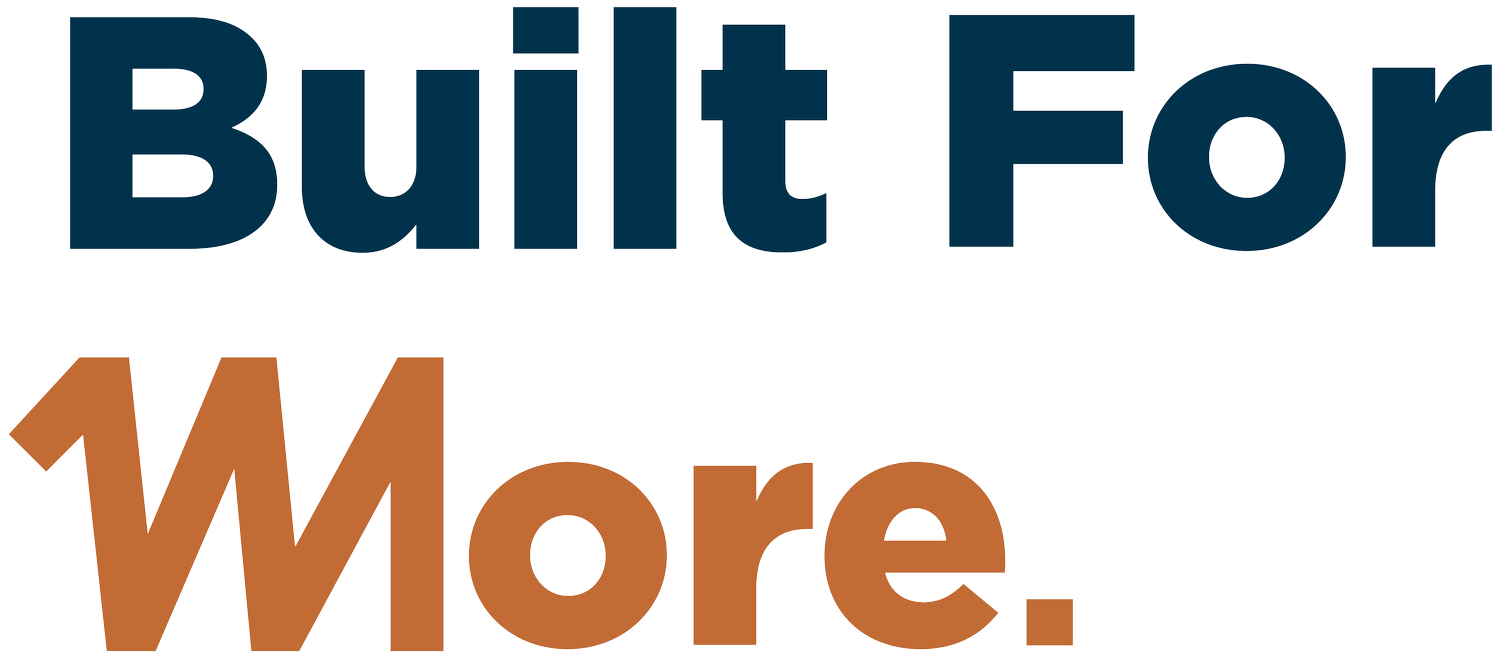Exhausted leaders are dangerous leaders.
If you think cutting sleep is the price of leadership, you’re already paying for it — in slower decisions, weaker focus and a shorter fuse.
For years, the business world has celebrated the “I’ll sleep when I’m dead” mentality, as if burning the candle at both ends is the hallmark of ambition. I’ve seen it countless times in boardrooms and leadership teams; the unspoken competition over who’s putting in the longest hours, sending the late-night emails or showing up first the next morning. I even know of people who are using “mouse jigglers” (yes, they really are a thing!) to appear online early and late in this weird vain attempt to be “more present”. But strip away the bravado and the data tells a different story. Sleep isn’t a luxury that high performers can’t afford; it’s the single most underused performance enhancer we have.
The idea that everyone needs exactly eight hours is a myth that’s been repeated so often it feels like fact. The reality is that sleep need is highly individual. For most adults, optimal performance lives somewhere between seven and nine hours, but the real magic lies not in the total time you spend in bed, but in the quality of what happens there. If your deep sleep, the phase where your body repairs, rebuilds and strengthens, is cut short, you wake up physically under-recovered. If your REM sleep, the stage that consolidates memory, fuels creativity and regulates emotion, is compromised, your decision-making, innovation and emotional control all take a hit. That’s the leadership equivalent of trying to run your business on half a battery.
One of the most overlooked truths about great sleep is that it doesn’t start at night — it starts in the morning. The moment you wake up, your brain is looking for cues to set your internal clock for the day. Exposure to natural sunlight within the first 30 minutes triggers a cascade of hormonal shifts that boost your alertness, regulate your energy curve and prime your body to release melatonin at the right time later. Add to that a consistent wake time, yes, even on weekends, and you’ve just given yourself one of the simplest, most effective tools for stabilising your sleep cycle and avoiding the brain fog that comes with “social jet lag.”
The evening matters just as much and this is where most people unknowingly sabotage themselves. I coach my clients on the 3-2-1 method, which is as simple as it is effective. Three hours before bed, stop eating large meals so your body isn’t spending the night digesting instead of repairing. Two hours before bed, stop drinking anything, but especially any alcohol — even a single glass of wine can slash REM sleep by as much as 20–40%. One hour before bed, switch off the screens and block out blue light so your melatonin production can rise naturally. Stack this with a short wind-down ritual, maybe ten minutes of slow breathing, light stretching or journaling, and you’re signalling to your body and mind that it’s safe to switch gears from ‘on’ to ‘off’.
There are a few other levers worth pulling. A cool bedroom temperature between 16 and 19 degrees is ideal for deep sleep. Yes, I know this will feel much cooler than you might normally have, but it’s amazing for your body. Total darkness, whether through blackout curtains or a sleep mask, keeps your circadian rhythm on track. I personally love to wear a sleep mask, something my mates take the p*ss out of whenever I stay with them, but I don’t care – there is something comforting about having total darkness and something soft on your eyes for me that really does it. Caffeine has a six-hour half-life, so your 3 pm coffee might still be in your system at 9 pm; pushing your last cup to before midday is a game-changer for a surprising number of people. Tracking your sleep with a wearable can be useful, but only if you use the data to experiment — noticing how your deep and REM sleep respond to changes in your evening routine can be eye-opening, as an example.
For leaders, the impact of dialling in your sleep is nothing short of transformative. The prefrontal cortex, the part of your brain that handles decision-making, planning and problem-solving, lights up when it’s well-rested and falters when it’s not. Your amygdala, the centre of emotional reactivity, becomes calmer and less likely to fire off unnecessary stress responses. Your hippocampus, which processes and stores new information, works more efficiently, meaning you retain more of what you learn and spot patterns faster. These aren’t small upgrades; they’re the difference between leading on instinct and fatigue and leading with clarity and composure.
If you want somewhere to start this week, get outside within half an hour of waking for at least ten minutes of natural light. Keep your wake-up time consistent for seven days straight, apply the 3-2-1 method every evening, cut caffeine after midday and take a week to notice how your body responds. Don’t overhaul everything at once — stack these habits gradually into your existing routine so they stick.
This is one of the first areas I work on with my clients, because when you optimise your sleep, you’re not just improving your nights, you’re sharpening every waking hour. Leaders who learn to protect and prioritise their recovery outperform those who treat it as optional, every single time.
So, let’s start the week as we mean to go on. Share a personal commitment in the comments below that you’re going to try this week, and see how it starts to transform your life.



